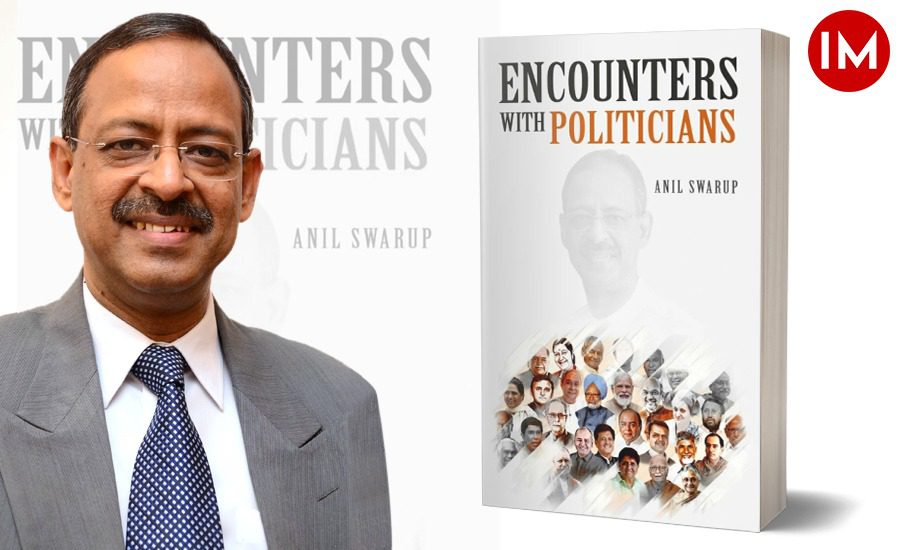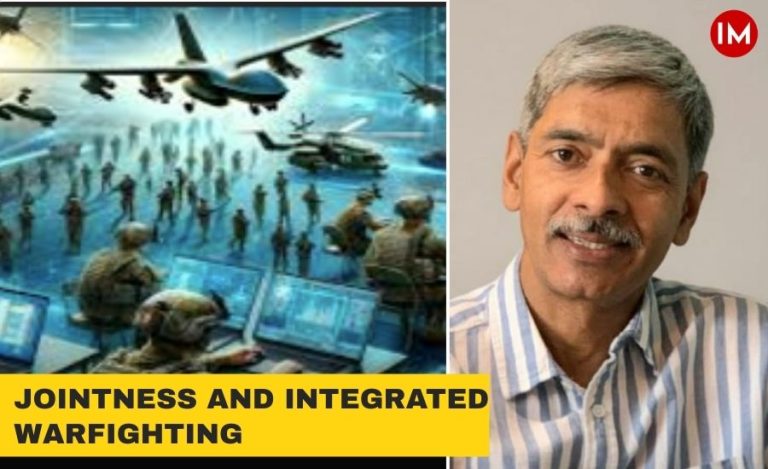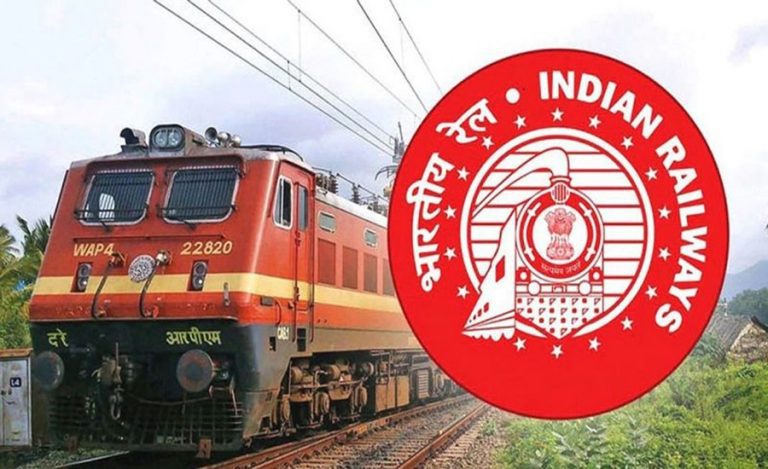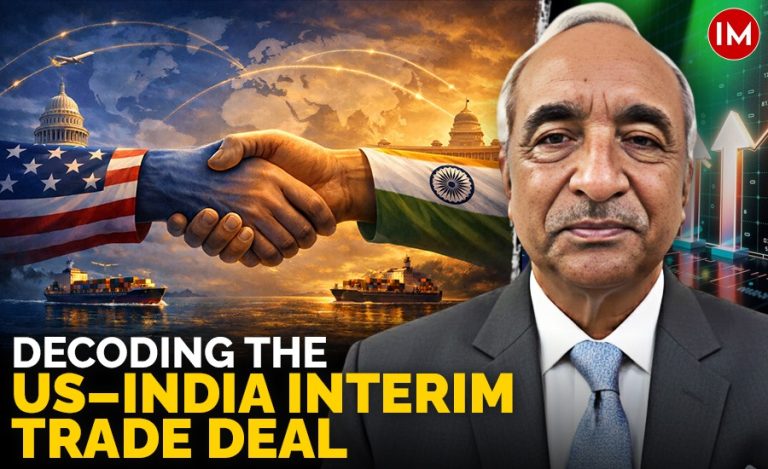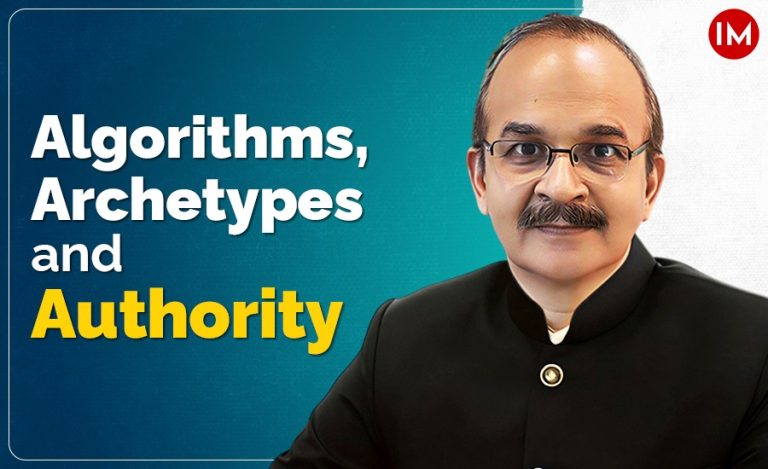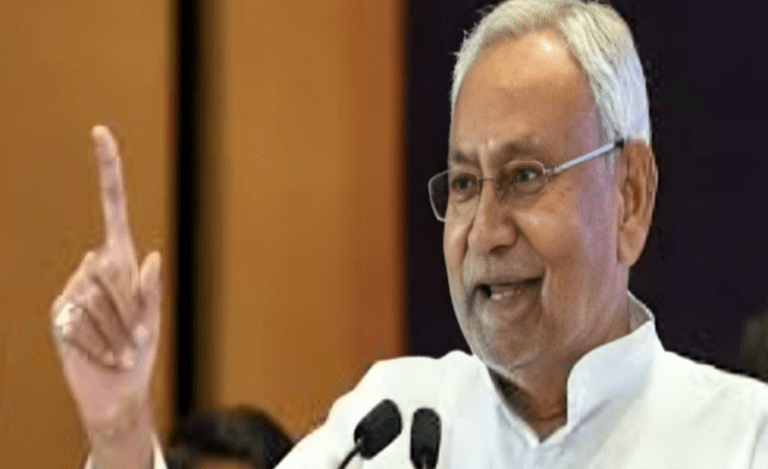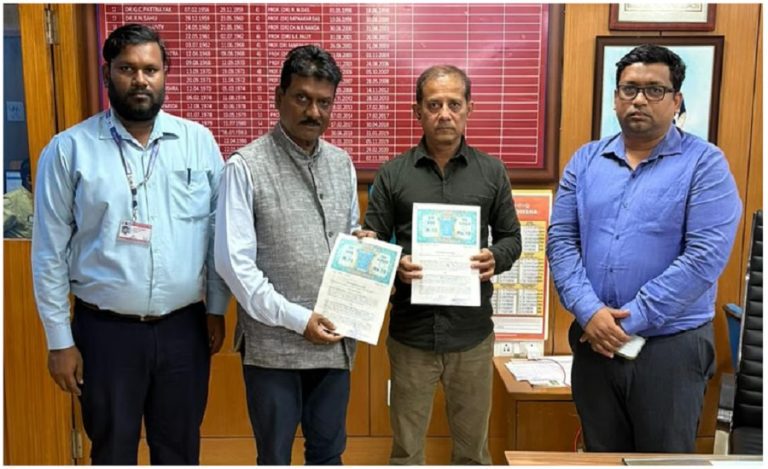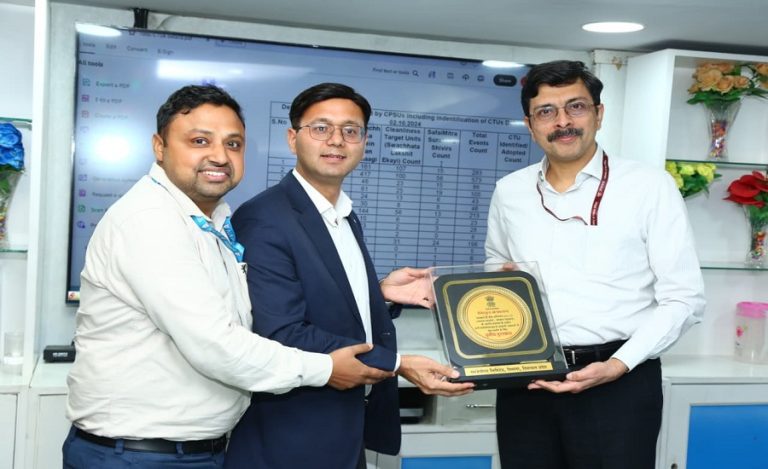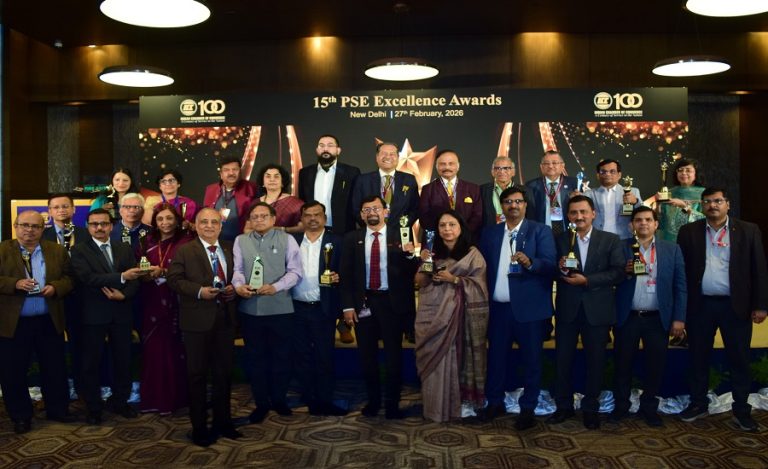In bureaucratic circles, it was generally believed that the heavyweights, whether political or otherwise, were best left untouched if one were to survive. A number of such heavyweights had managed to pull the Pradeshiya Investment Corporation of Uttar Pradesh (PICUP) down. But this one was really a big man, a leading journalist of a leading daily. He had set up a company that grew bigger as another heavyweight journalist got involved. The second one had worked in various dailies. He was a familiar face in elite circles. This company incurred heavy losses. To make up for these losses, they came up with an ingenious idea. The plan now was to set up another venture with a substantial contribution, by way of equity, from a State-run financial corporation, i.e., PICUP.
Quite interestingly, the loss made by the existing company was the equity contribution of these leading journalists in the new venture. The politicians were always keen on obliging journalists, especially if they wrote for influential newspapers. However, what was surprising was the support these journalists got from top bureaucrats. The new venture came into existence. And with that the first wrong had been committed. This was at the cost of public money. These two journalists, being promoters of the new venture, were supposed to keep the Corporation posted about the activities. However, they were too big to condescend to supply any information about how public money was used. Even the share certificates, a mandatory requirement, were not given to the Corporation. No one raised a finger against these big men even as the Corporation hurtled down an irretrievable abyss because of the wilful default of such companies.
Notices got issued to these journalists as well. It was an affront to them. No one so far had ever dared to question them. For them, squandering public money was as much their right as it was for politicians or select bureaucrats. There was tremendous pressure put on me. I was engaged in rebuilding the Corporation brick by brick. Hence, I was in no mood to wilt or relent. The efforts to resurrect the organisation were bearing fruit. The prospects of the organisation were now looking bright.
Ironically, impressed with the improvement, the leading daily to which one of the journalists belonged published an article commending the progress. The revival was termed as ‘an amazing story about leadership; about professionalism; about vision and strategy.’ To these journalists, to the senior bureaucracy of the top politician, it didn’t really matter whether the Corporation was turning around or not. What really bothered them was the fact that journalists who mattered, or could matter, were being pushed to do the right thing. This right was wrong for these select bureaucrats and politicians as they had their own definition of right and wrong. When I refused to toe the line, I was eased out (read, transferred out).
The Chief Minister, Mulayam Singh Yadav was made to believe that I was too important an officer to be ‘wasted’ in an organisation that was collapsing. I was sought to be kicked upstairs so that I could be moved out. A pliable bureaucrat was brought in my place to ‘wrong’ the ‘right’. The powerful journalists received no more notices. Subsequently, a proposal was pushed through a board meeting to write off the amount which was contributed by the State financial corporation by way of equity. The second wrong had been committed and it was much worse than the first one.
Some bureaucrats and a few politicians had benefited through some supportive reporting during the period when these journalists were attempting to settle their case. Once the ‘settlement’ was through, all hell broke loose. The leading daily screamed through a headliner on the front page that Mulayam Singh had amassed property worth crores. The journalist who had been one of the beneficiaries in the ‘settlement’ filed the report. To the officers of the Corporation, it was poetic justice. The organisation had suffered because of the indiscretions of the powerful. For the journalist, it was an attempt to re-establish his credentials. But for the top politician, it was sacrilege, a ‘vishwasghat’ (a breach of trust). All efforts were then made to reopen the case and to nail the journalist. But by then it was too late.
In his capacity as Chief Minister, Mulayam Singh Yadav used to conduct regional reviews with regard to rural development. One such meeting was held at Allahabad. He praised the efforts being made in this region. We all came out fairly contented after a day-long meeting. However, what came as a surprise was his announcement during the press conference later in the afternoon regarding the suspension of a few junior officers, and I got to know of the same through the newspaper the next morning. In the absence of any formal communication from the government, I obviously did not initiate action on the basis of newspaper reports. There was a call from the Secretary to the Chief Minister that afternoon. He was inquiring about the reason for not suspending the officers of my department who were in the list announced by the Chief Minister in his press conference. The tone was threatening. I was taken aback. Everything seemed to have gone smoothly at the meeting. There was no inkling of any cause for suspension. Evidently, there had to be some news generated to hit the headlines and had everything gone off smoothly, the meeting would have made no news.
It appeared that a few sacrificial lambs for slaughter were essential. The lengthy list of officers on the suspension roll would have served the dual purpose of making news as well as warning the officers to toe the line. This is what was done. Their crimes were not known. In fact, the Secretaries and the Heads of the Departments, even I, were expected to dig out charges against those who were being suspended. They were, therefore, being condemned without trial. Justice was being delivered in a way that would put the medieval world to shame.
What was even more shocking was that some bureaucrats chose to toe the line, perhaps fearing reprisals or expecting rewards. I was in no mood to relent. I gave a piece of my mind to the powerful Secretary. His initial reaction was to inform me about the likely fall-out of not complying with the instructions of the CM. However, he soon realised that his threats had no effect on me. I refused to suspend officers without due examination. There was no question of digging out charges against those whom I was expected to suspend. It was certainly a risk but risk well worth taking.
I met the Principal Secretary to the Chief Minister the next morning. I volunteered to shift out. The Government was only too willing to accede to my request. My presence in the Department would have proved embarrassing to them.
The Government was going great guns. With the help of those who were powerful and willing, condemning and shooting down hapless bureaucrats became an engaging pastime. The mass suspension continued to hit the news. What puzzled me was that the officers of the Rural Development Department were not a part of the list when the next review took place at Gorakhpur. It wasn’t clear whether my letter to the Principal Secretary to the Chief Minister contributed to the mitigation of the misery heaped upon the officers in the mad rush for mass suspension. However, I took comfort from the fact that I had responded to the voice of my conscience. That was rewarding enough for me but I wondered if Mulayam Singh Yadav had been appropriately briefed, he would have carried on with such “massacres”.

